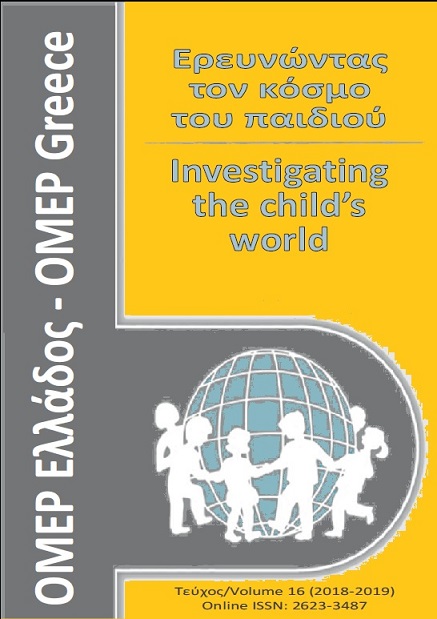Perceptions of kindergarten head teachers on the leadership style, as a factor of efficiency of the educational project in preschool education

Abstract
The aim of this paper is to investigate the perceptions of pre-school teachers regarding (a) the importance of the contribution of existing models / leadership forms to the effectiveness of the educational project; (b) the degree and the reasons for the application of these models; and contribute to the development of a wider understanding of women's leadership in pre-school education. The survey was conducted from February to May 2015 using the anonymous written questionnaire as a basic research tool and completed by 197 nursery head teachers from nine counties in the country. The results of the research showed that the overwhelming majority of the head teachers perceive that the models of transformational and charismatic leadership significantly contributes to the effectiveness of educational work in pre-school education and that the majority of respondents adopt a mixed model of participatory /transactional leadership with strong elements of transformational / charismatic leadership.
Article Details
- How to Cite
-
Λαζαρίδου (Lazaridou Isaia) Ι. Ι. (2020). Perceptions of kindergarten head teachers on the leadership style, as a factor of efficiency of the educational project in preschool education. Investigating the child’s World, 16, 72–83. https://doi.org/10.12681/icw.20848
- Issue
- Vol. 16 (2019)
- Section
- Scientific articles & educational projects

This work is licensed under a Creative Commons Attribution-NonCommercial 4.0 International License.
Authors who publish with this journal agree to the following terms:
· Authors retain copyright and grant the journal right of first publication with the work simultaneously licensed under a Creative Commons Attribution Non-Commercial License that allows others to share the work with an acknowledgement of the work's authorship and initial publication in this journal.
· Authors are able to enter into separate, additional contractual arrangements for the non-exclusive distribution of the journal's published version of the work (e.g. post it to an institutional repository or publish it in a book), with an acknowledgement of its initial publication in this journal.
· Authors are permitted and encouraged to post their work online (preferably in institutional repositories or on their website) prior to and during the submission process, as it can lead to productive exchanges, as well as earlier and greater citation of published work.


